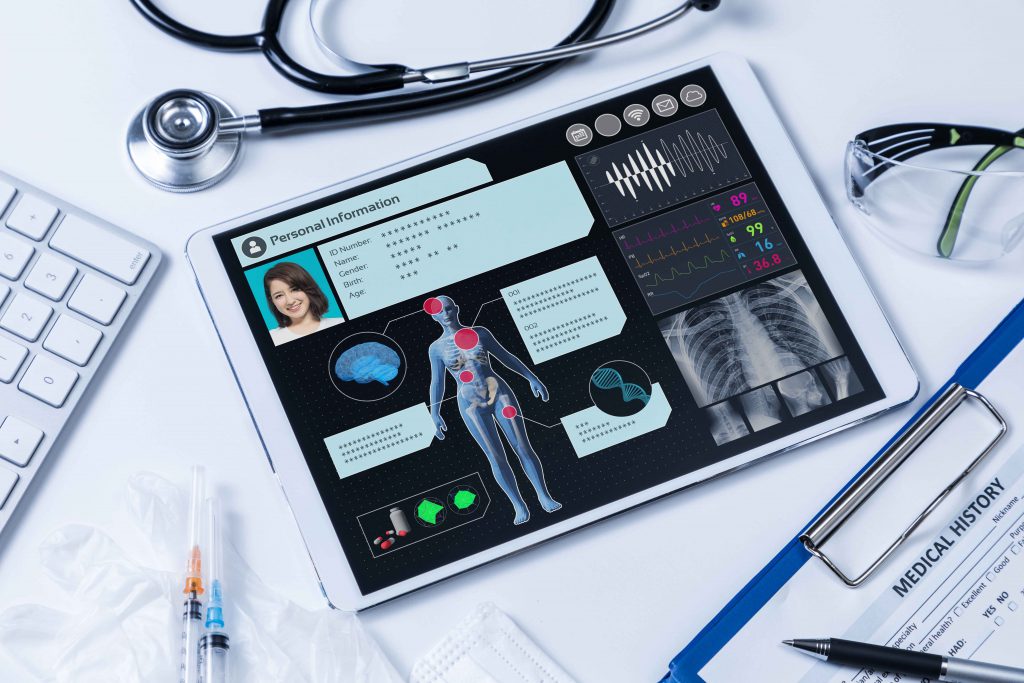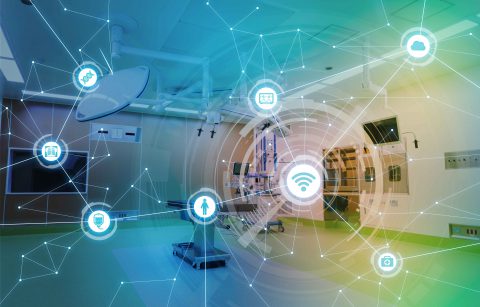MedTech
Health Records In The Time Of POPI
Electronic health records can make care more efficient, more accurate and more pleasant for patients, although there are concerns when considering the issue of digital security and privacy, especially in light of the Protection of Personal Information (POPI) Act.
Esme Eloff, marketing manager at Altron HealthTech, outlines a number of benefits. Electronic health records, she says, provide benefits for healthcare workers because they bring better efficiencies; save time; reduce duplication of tests; decrease paperwork; and provide accurate, up-to-date and complete information about patients at the point of care.
This gives healthcare professionals quick access to patient records, helping them to effectively diagnose patients, reduce medical errors, and provide safer treatment, Eloff says.
“[They] reduce waiting time for patients and improve patient and provider interaction and communication, as well as healthcare convenience,” says Eloff. “[They] enable safer, more reliable prescribing in that it takes the guesswork out of fulfilling a prescription, and promote legible, complete documentation and accurate, streamlined coding and billing, which enhances the accuracy of data.”
Privacy versus convenience
Oliver Nagaya, consultant and project manager at business management specialist firm Kitrin, says medical-related information is the most important data the majority of people and service providers have, with the exception of financial information. Balancing security and privacy threats with the need for more convenience and better healthcare is tricky, he says.
“It would certainly be amazing for any person not to fill out 20 forms, that all ask the same questions, at 20 different practitioners, but rather to have each practitioner able to diagnose better by seeing the comprehensive history of each patient’s medical file. We can definitely see a reduction in associated costs and time for all involved.
“Our biggest challenge lies in the actual security of such a system or framework, and the governance of the data and its related use.”
Data sensitivity
Altron’s Eloff agrees and says that standards for data sharing can help to ensure privacy.
The example she gives is Fast Healthcare Interoperability Resources (FHIR), an interoperability standard for the electronic exchange of healthcare information. FHIR was developed by Health Level Seven International (HL7), a not-for-profit organisation accredited by the American National Standards Institute, which develops and provides frameworks and standards for the sharing, integration and retrieval of clinical health data and other electronic health information.
Nagaya believes the best way to avoid infringing on another’s privacy is by ensuring that ownership of the data is made clear from the onset.
“The key question of who owns the data needs to be clearly understood and communicated. Our legal framework allows any person to request that all traces of their data held by any organisation are removed in their entirety from the organisation’s systems. Even with this amazing provision, we’re still taking baby steps to be able to ensure compliance with this requirement,” he says.






 Sign-up and receive the Business Media MAGS newsletter OR SA Mining newsletter straight to your inbox.
Sign-up and receive the Business Media MAGS newsletter OR SA Mining newsletter straight to your inbox.